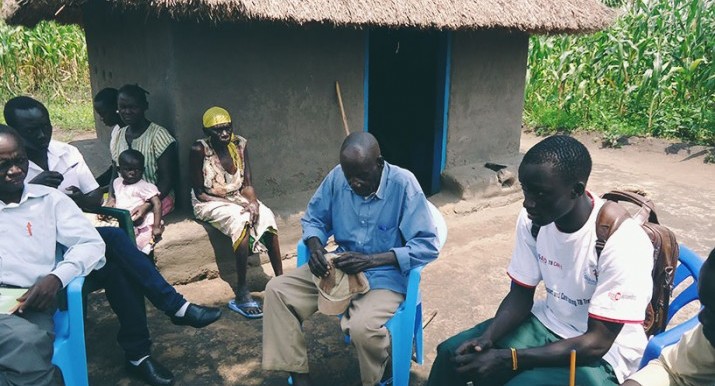Officials in Bor are alarmed about the rise of tuberculosis cases in Jonglei State.
Speaking to the press on Friday, March 24, the World Tuberculosis Day, Madol Gak Madol said that since January 2017, 41 cases of TB have been recorded so far.
Madol said from August to December 2016 they recorded “67 patients”. “And now, in the year 2017, we have 41 TB patients in the centres,” he added.
Bol Chau, a doctor at the state hospital in Bor, said that malnourished and HIV positive people are the ones with the highest risk to contract TB.
In South Sudan, TB is a major cause of death and disease. The prevalence of HIV among TB patients is estimated at 13 percent. The World Health Organisation (WHO) estimates the incidence of TB in South Sudan to be at 146 per 100,000 for all forms of TB cases.
Worldwide, fighting TB is challenging – 480,000 people developed multi-drug resistant tuberculosis (MDR-TB) in 2015, according to WHO.
“The bacteria that cause TB can develop resistance to the antimicrobial drugs used to cure the disease,” WHO explains in an online Q&A.
Identifying MDR-TB in South Sudan remains challenging, but WHO data from 2015 indicates almost 1,000 cases of rifampicin resistance.
However, TB is not the only challenge. The health sector in South Sudan is poor. “Conflict can have devastating, multi-generational impacts,” said Dr. Abdulmumini Usman, WHO Representative to South Sudan.
Insecurity, accessibility and logistical challenges are the main factors contributing to lacking health services across South Sudan, a country that has been caught-up in a brutal civil war since December 2013.
Photo: Community mobilisers help to control TB in South Sudan. (MSH, Emmanuel Kenyi)



